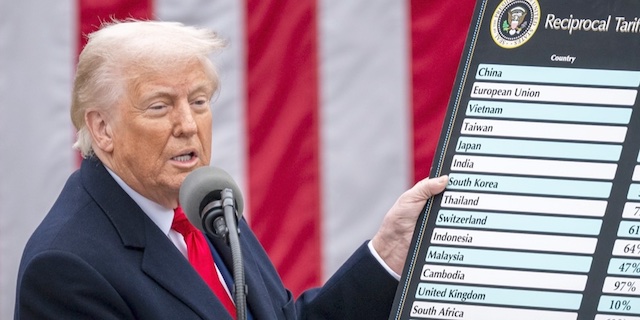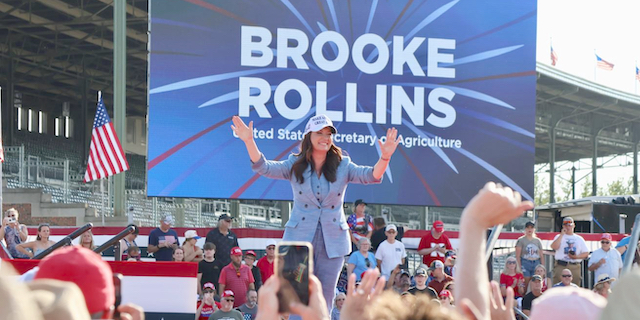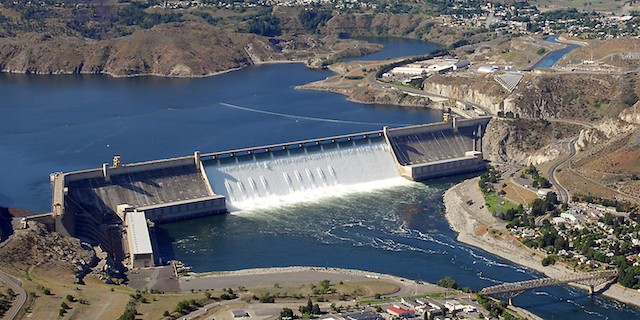Trump’s tariffs still on, but off to bad start in courts
Published 12:42 pm Wednesday, June 4, 2025

- President Donald Trump announces reciprocal tariffs April 2. Oregon leads a blue state effort to nullify the tariffs. (White House photo)
Two courts have ruled President Trump’s reciprocal and fentanyl-trafficking tariffs are unsupported by the Constitution, the law or court precedent, bringing into focus the legal issues the Justice Department must address to save the president’s tool for negotiating trade deals.
The tariffs remain in effect as U.S. attorneys appeal separate rulings by the U.S. Court of International Trade in New York and a U.S. District Court judge in Washington, D.C.
U.S. attorneys continue to defend the legality of the tariffs and also say the lower-court rulings undermine trade negotiations by taking away tariffs as a credible threat. Trump said in a social media post that without the tariffs the U.S. won’t survive economically.
“If the courts somehow rule against us on tariffs, which is not expected, that would allow other countries to hold our nation hostage with their anti-American tariffs that they would use against us. This would mean the economic ruination of the United States of America,” he said.
The Justice Department claims Congress delegated to the president the power to levy tariffs in the 1977 International Emergency Economic Powers Act. The act authorizes the president to “regulate” imports in an economic or a national security emergency.
Although the act doesn’t use the words “tariffs,” “duties” or “taxes,” U.S. attorneys argue that to “regulate” includes the power to tax. They cite a ruling that upheld President Richard Nixon invoking a similar law to impose a temporary 10% tax on imports in 1971.
The courts have found the argument was unpersuasive. The tariff was relatively modest and in place for five months to address an imbalance in trade payments that was draining the U.S. of gold reserves.
U.S. District Judge Rudolph Contreras said in a ruling May 29 that it was unlikely Congress neglected to be clear in passing a subsequent law that “regulate” meant imposing tariffs.
“If Congress had intended to delegate to the president the power of taxing ordinary commerce from any country at any rate for virtually any reason, it would have said so,” wrote Contreras, who was appointed by President Barack Obama.
Contreras noted that the Constitution gives Congress the authority to impose tariffs and in another clause the power to regulate Commerce. “The Constitution treats the power to regulate and the power to impose tariffs separately because they are not substitutes,” he wrote.
Federal judges in California, Montana and Florida referred lawsuits against Trump’s tariffs to the trade court, which has jurisdiction over tariff disputes. Contreras declined to give up the case, ruling the suit was about interpreting the International Emergency Economic Powers Act, not tariffs.
The three trade court judges — appointees of Trump, Obama and Reagan — ruled that even if Congress intended to delegate an open-ended power to the president to levy tariffs, it can’t. The Constitution doesn’t allow it, the judges ruled.
Trump’s tariffs on steel and aluminium are not at stake. The Trade Expansion Act allows the president to levy tariffs on materials after an investigation finds a threat to national security.







